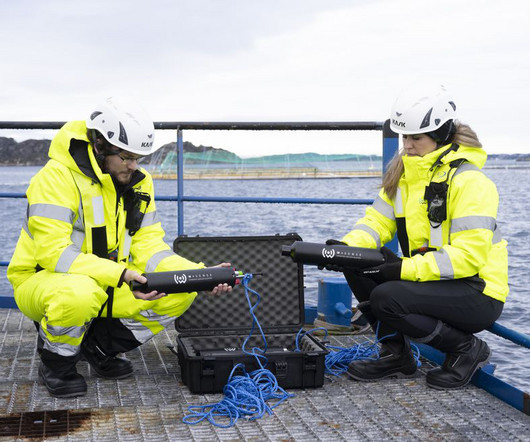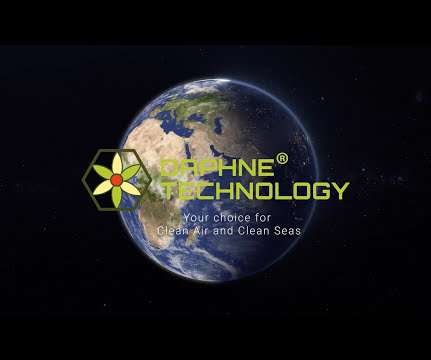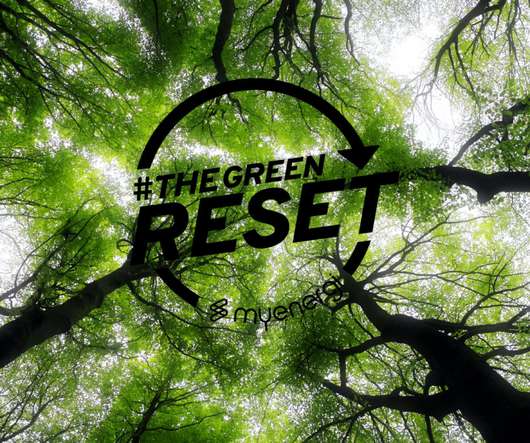Researchers find abundance of oil-eating bacteria in northeast Atlantic
Green Car Congress
APRIL 12, 2021
A team of scientists from Heriot-Watt University has found the waters in the Faroe-Shetland Channel (FSC) are teeming with oil-eating bacteria. The FSC is a deepwater sub-Arctic region where the oil and gas industry has been active for the last 40?years. —Angelova et al. Angelina G. 03701-20.


























Let's personalize your content